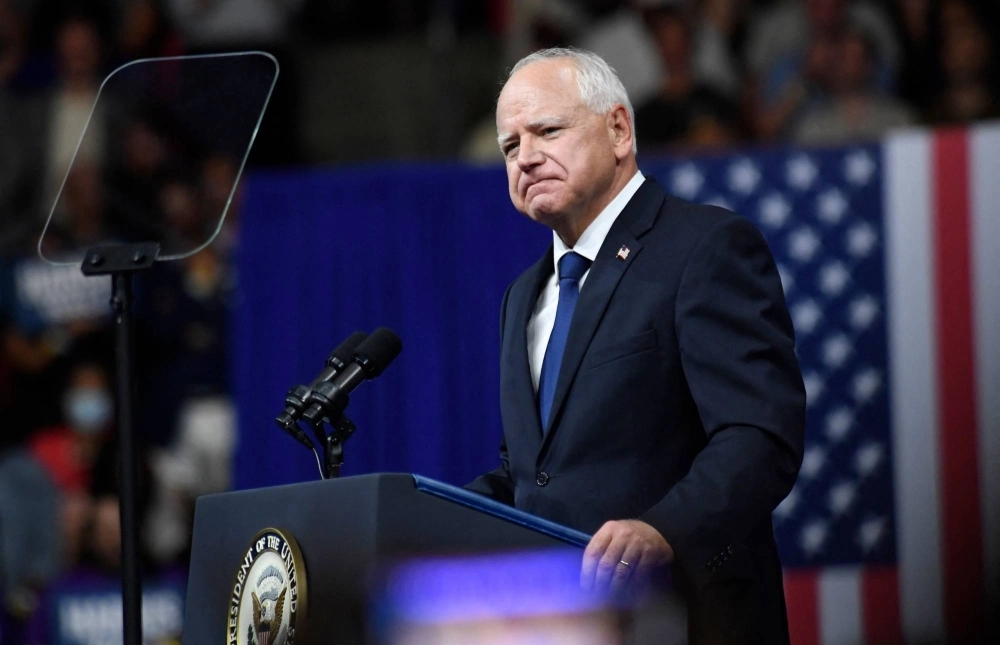As U.S. Democratic presidential candidate Kamala Harris gears up for what will likely be a close race in November's election, many expect her to bring foreign policy continuity to the White House if elected — particularly on issues such as the wars in Gaza and Ukraine and Washington's rivalry with Beijing.
Harris’ announcement Tuesday of Minnesota Gov. Tim Walz as her vice presidential pick also highlighted this sense of continuity and like-mindedness, with her newly minted running mate bringing to the table a strong background on China issues as well as a number of foreign policy stances that line up with her own and those of current President Joe Biden.
While the vice presidency has been a chance to gain valuable experience in the foreign policy arena for some, it has for others been a position to show off their already refined policy chops.


















With your current subscription plan you can comment on stories. However, before writing your first comment, please create a display name in the Profile section of your subscriber account page.